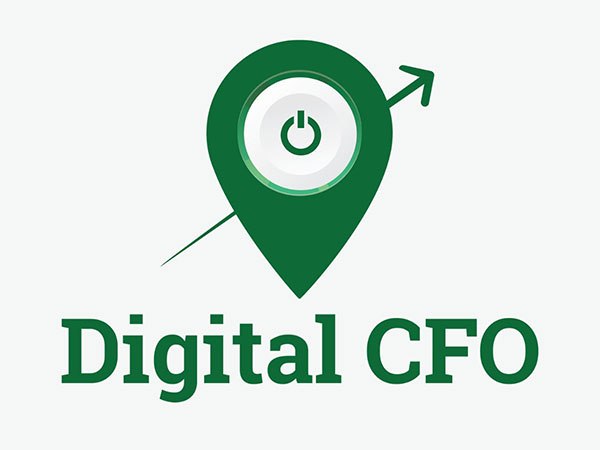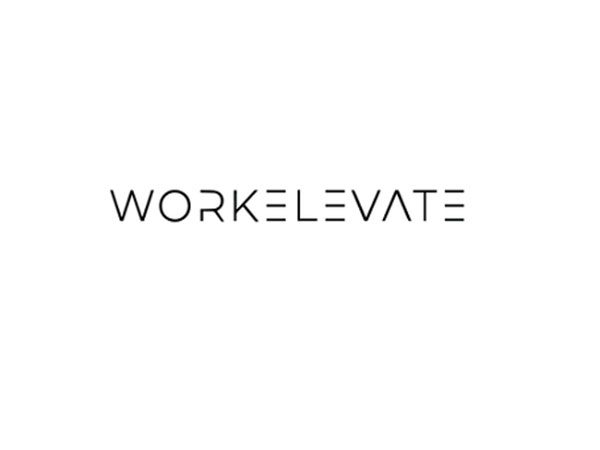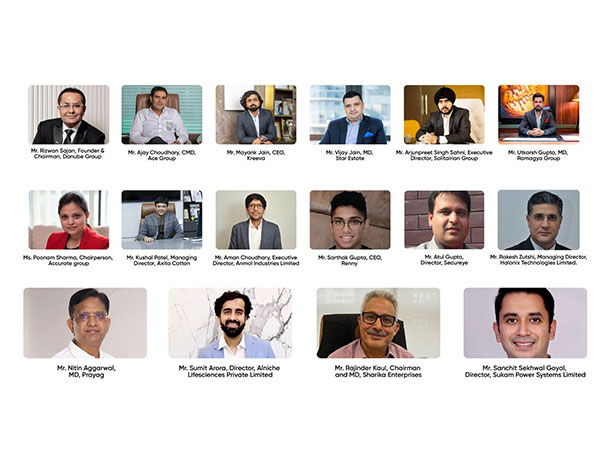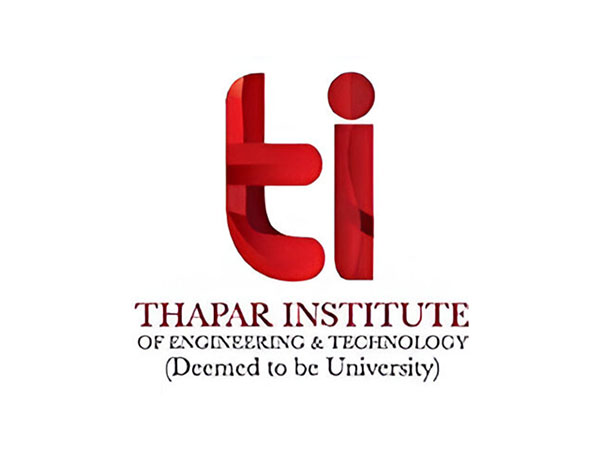The Untold story of fintech: Automation of bookkeeping & accounting as true catalyst of Digital transformation
Oct 15, 2024
PNN
New Delhi [India], October 15: In the world of fintech, discussion primarily revolves around banking, payments, lending, insurance, regulations and other head-line grabbing sectors. While these sectors do play an important role in the fintech revolution, the often-overlooked sector is the core process of bookkeeping and accounting, which generates the financial data that "fuels" the b2b fintech eco-system.
This core function is the unsung hero generating the data that fuels every other aspect of digital transformation and which forms the foundation for these digital advancements.
Whether it's payments, credit products, insurance, business insights, financial controls, or lending, every single one of these transformations depends on accurate, real-time data. In any business, major portion of the data required by fintech solutions comes from bookkeeping and accounting systems. Yet, while the fintech ecosystem is rapidly evolving, many businesses continue to rely on outdated, legacy accounting software and processes. This creates a significant gap--a growing fintech ecosystem built on data from legacy and many times obsolete systems. This gap hampers the scalability, efficiency, and integrity of the broader fintech landscape, especially in the B2B segment.
Enter Digital CFO, a platform that is revolutionising bookkeeping and accounting by transforming accounting process, doing what legacy software could not. So what makes the Digital CFO superior to other SaaS products? To answer these questions, we need to understand its history, unique features, and the useful information that promises to take the business by storm. Cheruku Srikanth, a finance professional with more than 20 years of accounting, auditing and financial management experience, came up with the idea. Srikanth set out to address the long-standing inefficiencies, that had been ailing the MSME businesses, when he started his adventure in 2014.
The accounting and bookkeeping landscape has been continuously evolving with the introduction of technology, with various software solutions promising automation, accuracy, and compliance. Yet, despite these advancements, many of the same fundamental challenges--such as accounting errors, reconciliation issues, rework, repetitive audit observations, and non-compliance with internal controls--issues that persist even with newer platforms, resulting in operational inefficiencies and financial inaccuracies.
The rigid frameworks of ERPs forces accounting departments to adapt their processes to the software, rather than the software adapting to their specific needs. Even cloud-based solutions, often overlook the nuanced, dynamic requirements of MSMEs and their users who may or may not come with prior experience in accounting, tax or software usage, leading to recurring compliance challenges and the myth that compliance is expensive. This disconnect between software capabilities and practical business needs underscores the urgent need to rethink the approach to accounting technology.
This begs the question: Why do these problems continue even in an era where software is supposed to solve them?
The answer lies in the need for true transformation and disruption, rather than incremental improvements over legacy systems.
The answer is not in adding more features or making incremental improvements but in fundamentally rethinking how accounting software is designed. True disruption occurs when we stop viewing technology as a mere tool to automate existing processes and instead reimagine the process itself. Automation alone is not the answer; it is the intelligence behind that automation and the design of the user experience that holds the key to meaningful transformation.
Transformation in accounting software means creating systems that not only reduce errors but eliminate the possibility of errors occurring in the first place. It involves creating platforms where accounting, compliance, and financial management are interconnected in real time, preventing the need for reconciliations, rework, and audit corrections and empowering MSMEs to consequently leverage their data in ways that go beyond just generation of balance sheet or profit and loss account --using it to provide real-time insights, optimize working capital, and drive strategic decisions. This reinvention is essential for empowering the current generation of accountants to shift from mundane and repetitive operational tasks to strategic advisory roles.
Srikanth and his team spent nearly five years developing the original model and refining it based on feedback from top customers, including the global accounting firms. A beta version was launched in 2019, and today Digital CFO intends to provide version 1.0 of its SaaS solution by the end of November 2024. Version 1.0 is the outcome of years of study, user feedback, and a commitment to quality, it's more than just a product update. That's why it's truly revolutionary:
Scalable SaaS model: Version 1.0 provides a SaaS solution which is cloud based and provides significant savings in cost in terms of implementation and usage. As a result, the platform can now accommodate a wide range of users' needs, from small businesses with single business location and handful employees or even a large business with multiple branches and hundreds of employees. By switching to a SaaS-based model, Digital CFO not only makes its powerful tools accessible to more businesses but also ensures that every new feature and upgrade is automatically available to all users, in real-time.
Artificial Intelligence and Automation: The advanced automation features in Digital CFO version 1.0 aim to eliminate human error and ensures that the transactions are processes accurately and in compliance to tax regulations and internal controls, making the data readily available for upstream value additions. The software requires the user to answer simple generic questions regarding financial transactions and once answered through a dropdown select, it takes care of the rest of the work internal checks, compliance checks, computation and accounting of GST, TDS etc. This intuitive interface removes the need for specialised accounting training, making it accessible even to users with no prior accounting or software knowledge.
Industry-First Real-Time Invoice Discounting: This new real-time invoice discounting feature enables companies to reduce the time taken for receiving payments on credit invoices for from thirty to ninety days to just twenty-four to forty-eight hours, completely changing the way businesses function by enabling them to increase their working capital, reduce their dependency on expensive loans, and maximize available funds. With Digital CFO secure integration with banking partners, companies can even access digital loans and other financial products based on accurate and reliable data generated on the Digital CFO platform in a timely manner.
End-to-End Financial Oversight: With features such as branch / project wise accounting of financial transactions, Digital CFO can provide instant financial visibility across all businesses, functions, and geographies. This is a game-changer for companies that need to manage financial operations in real-time for branches and projects spread across different geographical locations.
AI-Driven Business Insights: Using AI and machine learning algorithms Digital CFO enables the business to reduce cost of procurements, increase sales and also efficiently manage working capital.
Compliance as defined: Compliance management is built into all levels of Digital CFO Version 1.0. The software enables the auditors to configure internal controls and tax compliances as per regulations and ensure that the business is compliant at all times. A tamper-proof audit system captures every transaction, making audits faster and more transparent.
Brand Promise: Digital CFO is committed to creating value not just for its users, but for the entire MSME ecosystem. The platform's commitment spans many stakeholders, making it useful for businesses and partners, employees, regulators, and investors:
Strategic Ecosystem: The Role of Partners
Collaboration cornerstone of Digital CFO growth philosophy. The go to market strategy is primarily the professional community of Chartered Accountants who are onboarded as partners and provided with valuable revenue opportunity by building digital transformation practice in their firm. Digital CFO has a long terms collaboration with Microsoft Corporation and they sell their software jointly with Microsoft. The software platform is even hosted on Microsoft Azure cloud, which is one of the worlds most secure cloud environment.
Moreover, the collaboration between Digital CFO and banks allows companies to receive financial product and services directly from the platform. For example, instant digital loans applications, reducing paperwork and speeding up loan approvals. As Srikanth says, "By integrating with major banks, we are not just providing financial software, but also bridging the gap between business and financial services, enabling communication and data-driven decision-making at every step."
Business Planning: Big Competition
Version 1.0 will be a direct competitor to biggies like Tally, Zoho Books and Marg ERP, which all dominate the Indian accounting software market. However, Digital CFO stands out with its approach to change rather than incremental development. While other platforms are more focused on helping the business primarily with accounting, preparation of final accounts and tax returns, Digital CFO addresses the shortcomings of traditional bookkeeping by focusing on automation of core bookkeeping levels, instantaneous data accuracy and value-added strategies for SMEs and large enterprises through harnessing of accounting data.
"We are not just competing, we are setting a new benchmark. Our platform will not only keep your books, it will also help you run your business smarter, faster and more compliant," Srikanth said. This courage has already caught the attention of banks and leading accounting firms, many of which are now developing products and services based on the data that Digital CFO generates.
The advantage of Digital CFO lies not only in its technology but also in its collaboration. The platform is Microsoft's most preferred provider in the global market and works closely with banks to provide financial products and services including digital loans and invoice discounting. The ability to connect with other financial products makes Digital CFO more than just software, it is a business that businesses can rely on for financial management.
Looking Ahead
"As the financial landscape continues to evolve, Digital CFO will play a significant role in shaping the future especially for MSMEs which are the backbone of our economy. By focusing on automation of core bookkeeping and accounting and consequently empowering the business to harness such data, the platform is expected to change the landscape and redefine what businesses can do with financial data." Srikanth said. As Digital CFO plans to release version 1.0, it is clear that this is not just another software release. This is a move that going to set a new benchmark for accounting and financial solutions and other fintech solutions.
(ADVERTORIAL DISCLAIMER: The above press release has been provided by PNN. ANI will not be responsible in any way for the content of the same)








